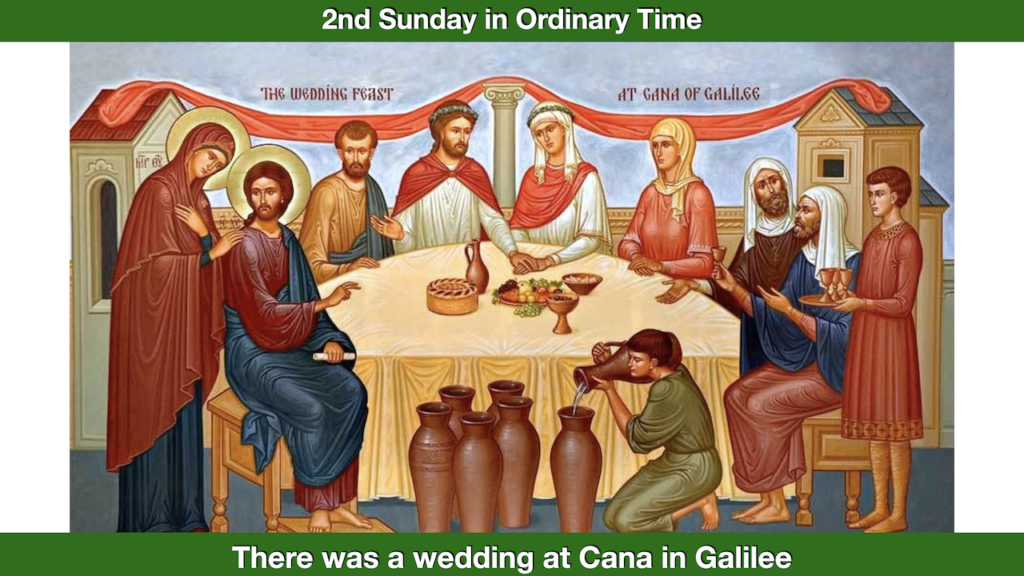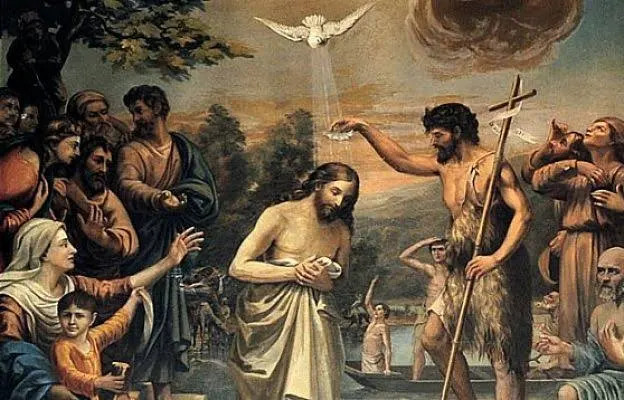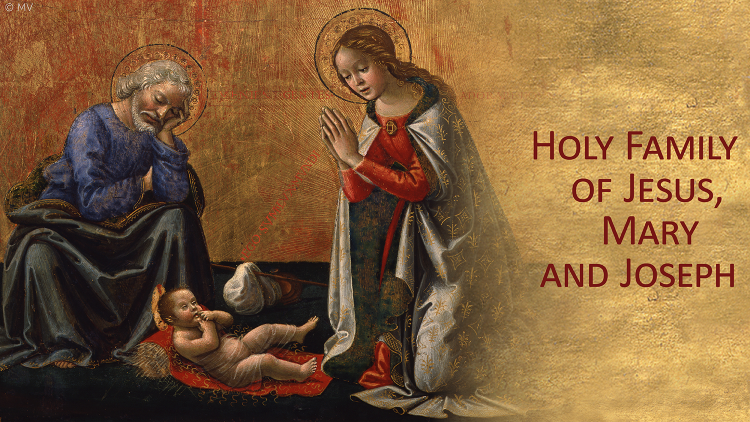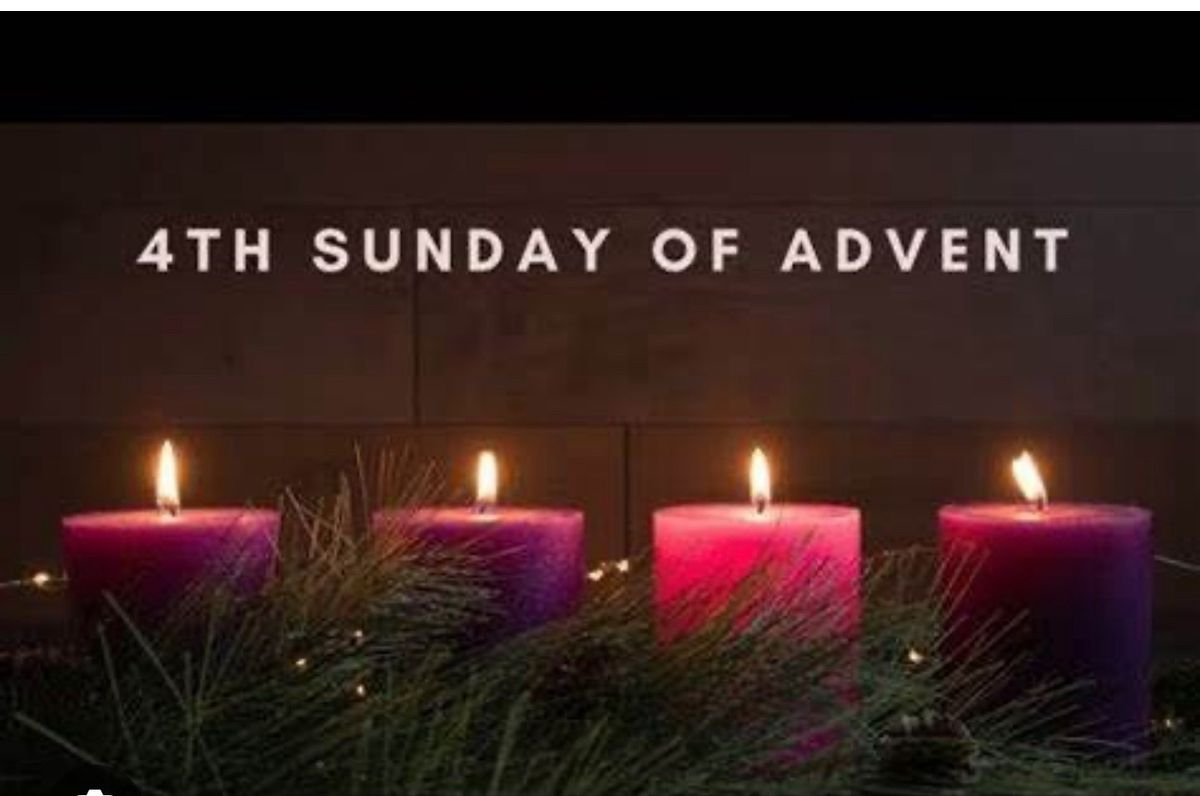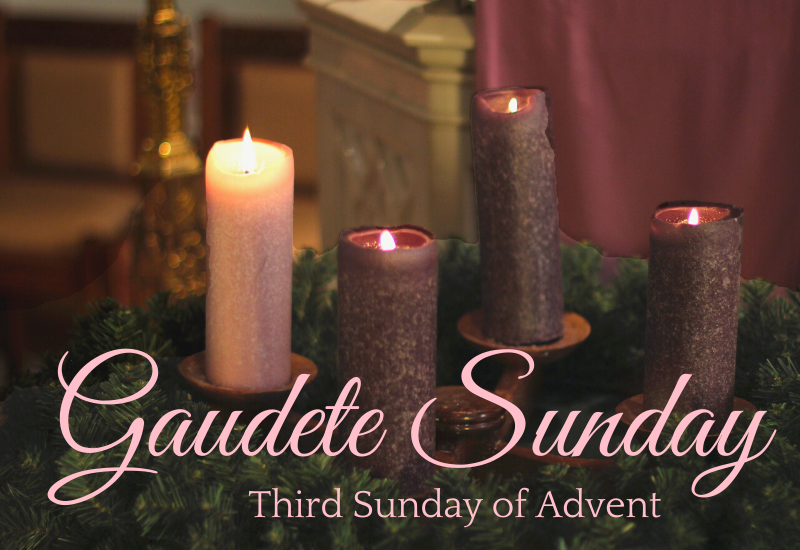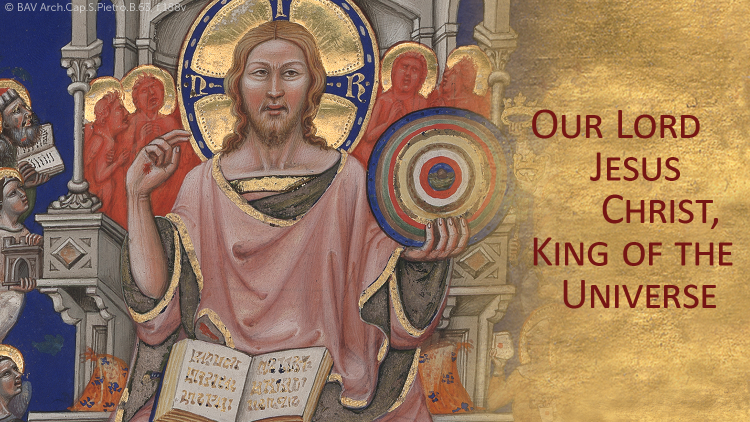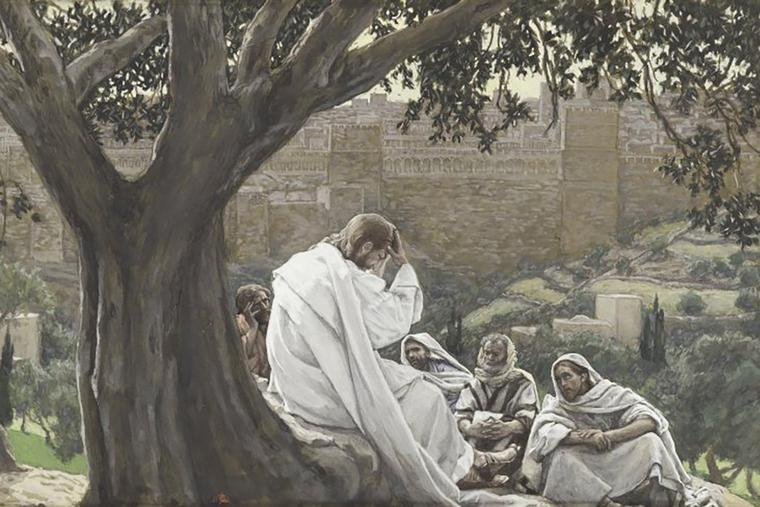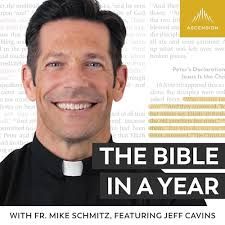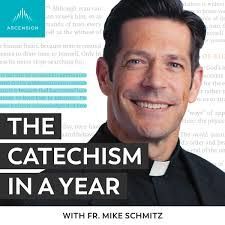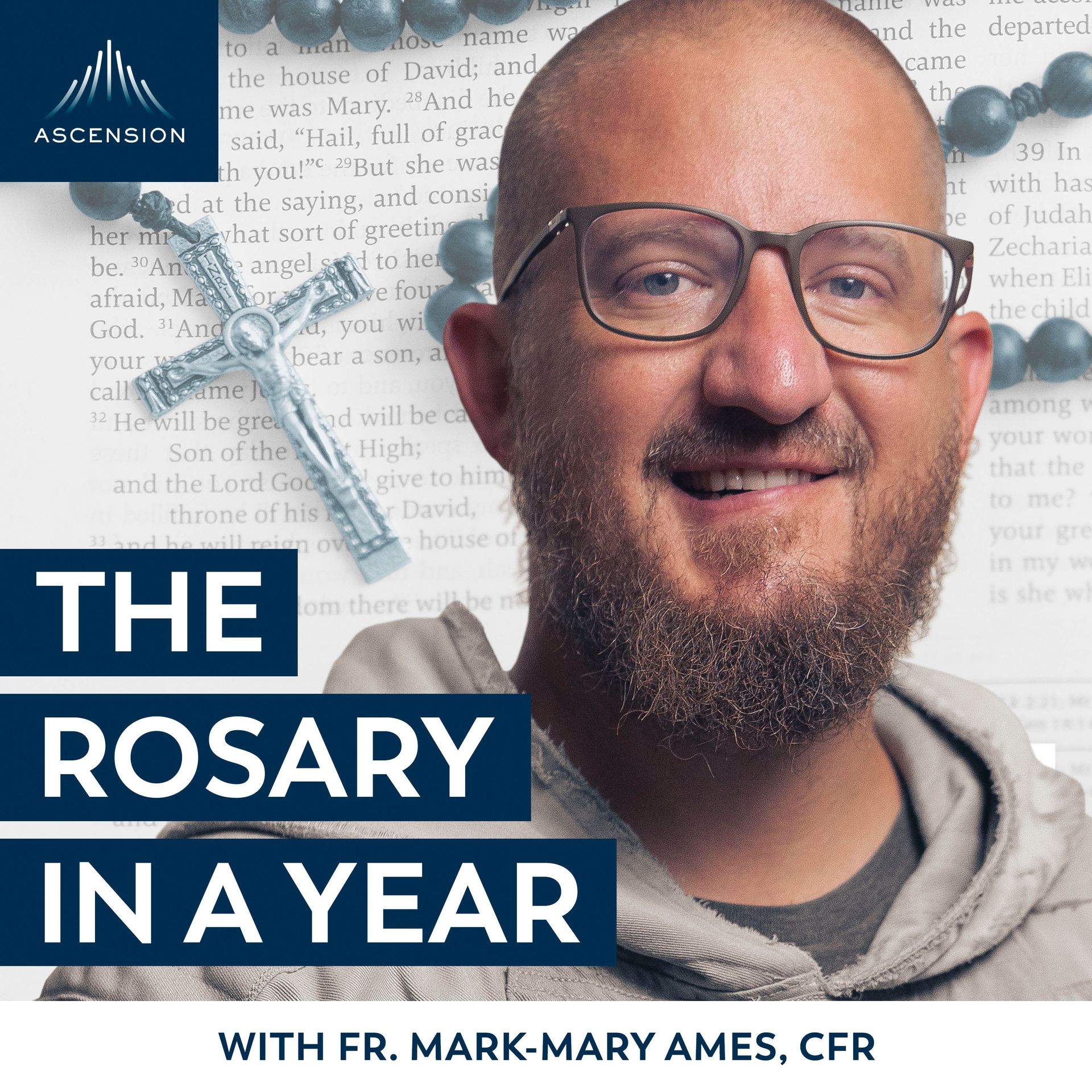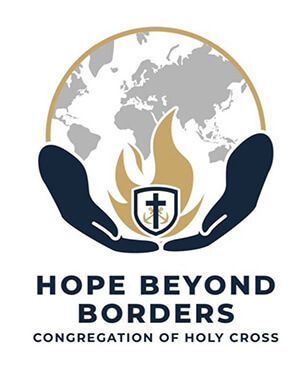Fifteenth Sunday in Ordinary Time, July 16, 2023
Dear Friends,
Let us continue to read together the Post-Synodal Apostolic Exhortation of Pope Benedict XVI entitled: Sacramentum Caritatis. Pope Benedict divides his Exhortation into 3 parts that reflect the harmony among dogma, liturgy, and life. The Eucharist is a mystery to be believed, celebrated, and lived with our whole heart. In the Eucharist we find “reflected a great deal on the intrinsic relation between Eucharistic faith and celebration” (SC 34). The faith that is celebrated is the faith that is believed.
This exercise of reading this beautiful exhortation of Pope Benedict XVI in easy digestible portions is intended to help us to gratefully appreciate anew the gift of the Eucharist!
Have a Blessed Week!
With Love, Fr, John
W e e k 3 — SA C R A M E N T U M C A R I T A T I S ( T H E SA C R A M E N T O F C H A R I T Y : T H E E U C H A R I ST )
CONTINUATION OF THE POST-SYNODAL APOSTOLIC EXHORTATION SACRAMENTUM CARITATIS OF THE HOLY FATHER BENEDICT XVI TO THE BISHOPS, CLERGY, CONSECRATED PERSONS AND THE LAY FAITHFUL ON THE EUCHARIST AS THE SOURCE AND SUMMIT OF THE CHURCH'S LIFE AND MISSION
P A R T O N E : T H E E U C H A R I ST — A M Y ST E R Y T O B E B E L I E V E D
“This is the work of God: that you believe in whom he has sent.” (Jn 6:29)
THE CHURCH’S EUCHARISTIC FAITH
- "The mystery of faith!" With these words, spoken immediately after the words of consecration, the priest proclaims the mystery being celebrated and expresses his wonder before the substantial change of bread and wine into the body and blood of the Lord Jesus, a reality which surpasses all human understanding. The Eucharist is a "mystery of faith" par excellence: "the sum and summary of our faith." (13) The Church's faith is essentially a eucharistic faith, and it is especially nourished at the table of the Eucharist. Faith and the sacraments are two complementary aspects of ecclesial life. Awakened by the preaching of God's word, faith is nourished and grows in the grace-filled encounter with the Risen Lord which takes place in the sacraments: "faith is expressed in the rite, while the rite reinforces and strengthens faith." (14) For this reason, the Sacrament of the Altar is always at the heart of the Church's life: "thanks to the Eucharist, the Church is reborn ever anew!" (15) The more lively the eucharistic faith of the People of God, the deeper is its sharing in ecclesial life in steadfast commitment to the mission entrusted by Christ to his disciples. The Church's very history bears witness to this. Every great reform has in some way been linked to the rediscovery of belief in the Lord's eucharistic presence among his
T H E BL E S S ED T R I N I T Y A N D T H E EU C H A R I S T — T H E BR E A D C AM E D OW N F R OM HE A V EN .
- The first element of eucharistic faith is the mystery of God himself, trinitarian In Jesus' dialogue with Nicodemus, we find an illuminating expression in this regard: "God so loved the world that he gave his only Son, that whoever believes in him should not perish but have eternal life. For God sent the Son into the world, not to condemn the world, but that the world might be saved through him" (Jn 3:16-17). These words show the deepest source of God's gift. In the Eucharist Jesus does not give us a "thing," but himself; he offers his own body and pours out his own blood. He thus gives us the totality of his life and reveals the ultimate origin of this love. He is the eternal Son, given to us by the Father. In the Gospel we hear how Jesus, after feeding the crowds by multiplying the loaves and fishes, says to those who had followed him to the synagogue of Capernaum: "My Father gives you the true bread from heaven; for the bread of God is he who comes down from heaven, and gives life to the world" (Jn 6:32-33), and even identifies himself, his own flesh and blood, with that bread: "I am the living bread which came down from heaven; if anyone eats of this bread, he will live forever; and the bread which I shall give for the life of the world is my flesh" (Jn 6:51). Jesus thus shows that he is the bread of life which the eternal Father gives to mankind.
A FREE GIFT OF THE BLESSED TRINITY
- The Eucharist reveals the loving plan that guides all of salvation history (cf. Eph 1:10; 3:8- 11). There the Deus Trinitas, who is essentially love (cf. 1 Jn 4:7-8), becomes fully a part of our human condition. In the bread and wine under whose appearances Christ gives himself to us in the paschal meal (cf. Lk 22:14-20; 1 Cor 11:23-26), God's whole life encounters us and is sacramentally shared with us. God is a perfect communion of love between Father, Son and Holy Spirit. At creation itself, man was called to have some share in God's breath of life (cf. Gen 2:7). But it is in Christ, dead and risen, and in the outpouring of the Holy Spirit, given without measure (cf. Jn 3:34), that we have become sharers of God's inmost life. (16) Jesus Christ, who "through the eternal Spirit offered himself without blemish to God" (Heb 9:14), makes us, in the gift of the Eucharist, sharers in God's own life. This is an absolutely free gift, the superabundant fulfilment of God's promises. The Church receives, celebrates and adores this gift in faithful obedience. The "mystery of faith" is thus a mystery of trinitarian love, a mystery in which we are called by grace to We too should therefore exclaim with Saint Augustine: "If you see love, you see the Trinity." (17)
(13) Catechism of the Catholic Church, 1327
(14) Propositio 16
(15) Benedict XVI, Homily at the Massof Installation in the Cathedral of Rome (7 May 2005): AAS 97 (2005), 752
(16) Cf. Propositio 4.
(17) De Trinitate, VIII, 8, 12: CCL 50, 287
